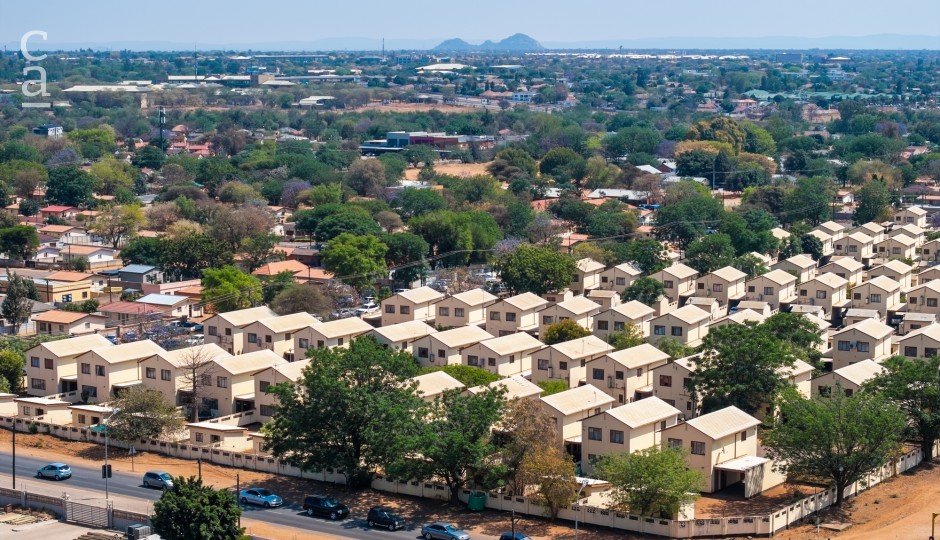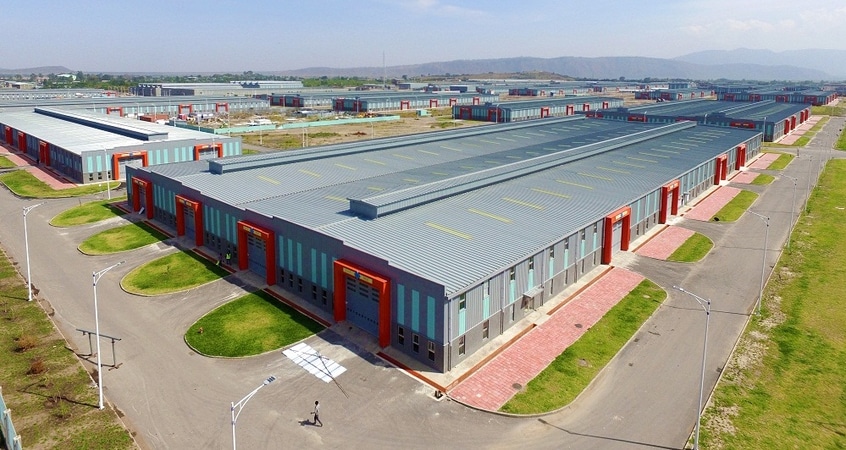Emerging Real Estate Markets in Africa
Investment Opportunities and Challenges in 2025

Africa’s real estate market is no longer a conversation about potential, it’s about momentum.
Over the last decade, we’ve seen African economies rapidly urbanizing, attracting foreign investments, and developing infrastructure at an unprecedented pace. As someone who has worked in real estate markets across India, the UAE, and beyond, I see striking similarities between Africa’s growth trajectory and what we witnessed in Dubai two decades ago. The landscape is evolving, but like any high-growth market, the biggest opportunities come with the biggest challenges.
Emerging Real Estate Markets in Africa: Investment Opportunities and Challenges in 2025
Africa’s real estate market is no longer a conversation about potential, it’s about momentum. Over the last decade, we’ve seen African economies rapidly urbanizing, attracting foreign investments, and developing infrastructure at an unprecedented pace. As someone who has worked in real estate markets across India, the UAE, and beyond, I see striking similarities between Africa’s growth trajectory and what we witnessed in Dubai two decades ago. The landscape is evolving, but like any high-growth market, the biggest opportunities come with the biggest challenges.
Africa’s Real Estate Boom: Why the World is Watching
From Nairobi to Lagos, from Accra to Kigali, African cities are expanding at a rate that demands massive investments in residential, commercial, and industrial real estate. According to the UN, Africa’s urban population is expected to double by 2050, meaning housing, office spaces, and logistics hubs will be in perpetual demand. Unlike mature markets where real estate growth is incremental, Africa presents greenfield opportunities that allow investors and developers to shape entire urban landscapes rather than just fill in gaps.
Additionally, Africa’s rising middle class is creating a strong demand for modern housing and mixed-use developments. Cities like Johannesburg and Nairobi are seeing a surge in residential projects catering to upwardly mobile professionals who want affordable, well-planned communities with access to amenities. Meanwhile, commercial real estate is benefiting from Africa’s growing entrepreneurship ecosystem, where flexible office spaces and retail developments are in high demand.
On the industrial front, Africa’s manufacturing sector is expanding as global companies seek alternative production hubs. With increasing investment in special economic zones, logistics parks, and warehousing facilities, real estate investors have a golden opportunity to tap into a sector that will define Africa’s economic rise.

The Challenges: What Investors Must Know
Despite the immense promise, real estate in Africa isn’t for the faint-hearted. The biggest barrier remains infrastructure. While key cities are evolving, many regions still lack the necessary roads, utilities, and public services to support large-scale developments. Power shortages, regulatory uncertainty, and complex land ownership laws can create hurdles for international investors unfamiliar with local markets.
Financing is another challenge. Many African real estate projects rely on private equity or international funding, given that local financing options often come with high interest rates. Additionally, currency fluctuations and economic volatility can impact long-term investment viability. This means that while the returns can be high, the risks are just as significant.
India-UAE Lessons for Africa’s Growth
Having worked in both India and the UAE, I see valuable parallels between these regions and Africa’s real estate journey. Dubai’s transformation from a desert trading hub into a global metropolis didn’t happen overnight, it was built on strong regulatory frameworks, government incentives, and strategic foreign investment. Africa can follow a similar model by improving regulatory transparency, providing incentives for long-term real estate development, and fostering public-private partnerships to accelerate infrastructure growth.
India, on the other hand, has mastered affordable housing and mixed-use urban planning, which African cities can replicate to accommodate their fast-growing populations. The way Indian developers have leveraged private capital and innovative financing models to build scalable, sustainable housing solutions is something Africa can adopt to bridge its own housing deficit.
The Future of Real Estate in Africa: Smart, Sustainable, and Scalable
The next five years will determine how Africa’s real estate market evolves. The winners will be those who embrace innovation, adaptability, and a long-term vision. Proptech is already making an impact, with AI-driven property management, blockchain for land registry, and digital financing solutions reducing traditional barriers to entry. Sustainability is also taking center stage, with developers increasingly looking at eco-friendly building materials, solar-powered infrastructure, and water-efficient designs.
For investors willing to understand local market dynamics, build the right partnerships, and navigate the complexities of emerging economies, Africa presents an unparalleled opportunity. This isn’t just about buying land and waiting for appreciation, it’s about being part of a continent’s transformation.
The question isn’t whether Africa’s real estate market is worth investing in. The question is: Are you ready to invest in Africa’s future?
Top photo: Botswama Residential District (© Lucian Coman | Dreamstime)

Sumit Pathak is the CEO of Linus International FZCO, based in Dubai.


